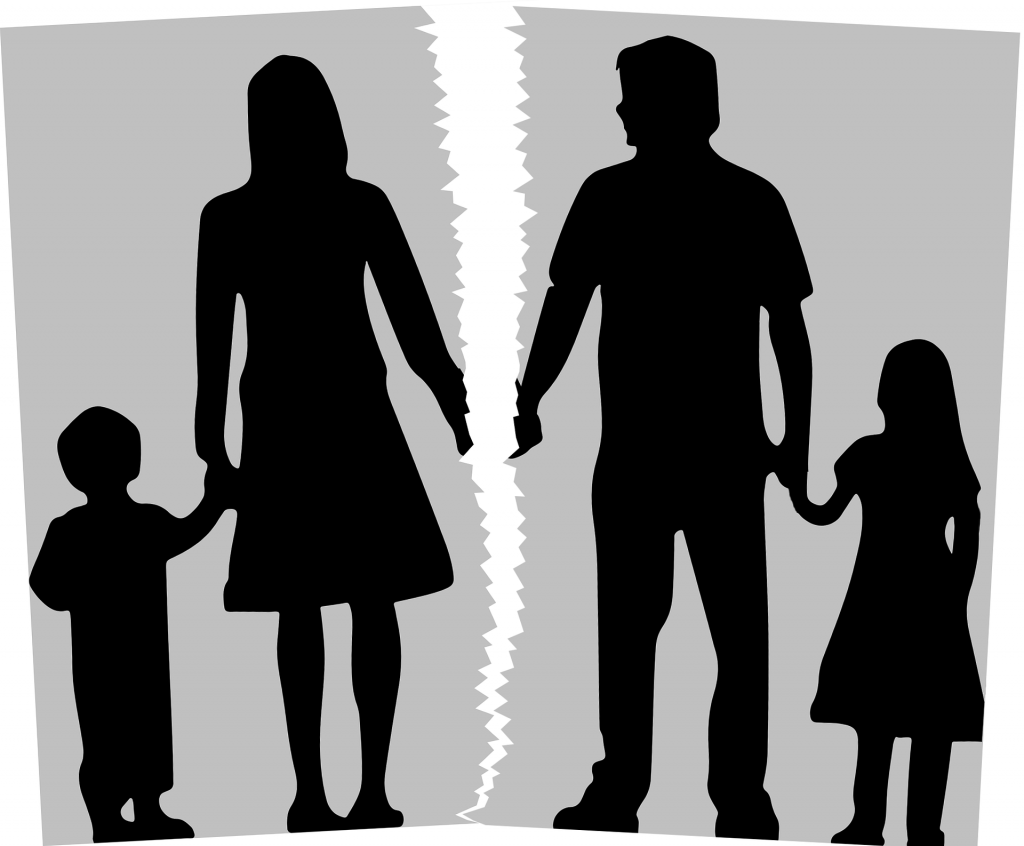When parents’ divorce, they may agree on the religious upbringing of their child with both continuing to participate in religious activities with their child after a divorce.
Alternatively, both parents may agree on the religious upbringing, but decide that only one parent will take parental responsibility for instruction and participation, while the other parent takes a back seat.
Other times, it may not be so easy – parents may not see eye to eye on the issue of religious upbringing. Despite working together in a spirit of cooperation on most issues, the question of religious upbringing can become divisive so they may have to turn to the court to make a determination.
A judge will look at various factors when there is a parental responsibility, also known as child custody, dispute including the question of religious upbringing:
A non-religious parent will not be penalized in a custody proceeding, however, depending on the circumstances, the non-religious parent may be directed to attend regular religious activities with a child to maintain continuity if parenting time conflicts with regular attendance
If parents are of different religions, a custody order does not limit one parent’s religious activities with a child because they are different from the other parents. However, if one parent open opposes the other parent’s religion, or berates or threatens a child for their participation in the other religion, the court may determine that the parent may not discuss religious matters with the child to avoid emotional harm.
There are cases where one parent feels very strongly opposed to raising a child in a specific religious community, one that they believe is violent or abusive and therefore not serving the child’s best interests. Unless there is proof of actual or substantial harm to the child, a court will not prevent a child from participation.
If parents do not agree on religion, a judge cannot prescribe a religion for a child, but in cases where a parent has been awarded sole parental responsibility – previously referred to as sole custody – their wishes regarding religion will likely prevail.
If parents share custody, each parent is allowed to raise and educate a child in their own religion provided it does not result in harm to the child. If, on the other hand, one parent is awarded ‘sole’ parenting responsibility and the custody order is silent on the issue of religious upbringing, that parent has the final say barring a modification to the custody agreement
Every situation is unique so the court will evaluate various factors before deciding whether both parents or one parent should control a child’s religious upbringing – striking a balance with the child’s best interests in mind. If you have concerns, it is important to work with an experienced Illinois child custody lawyer to represent your concerns. Contact the Lake county Illinois Family Law Offices of Ronald L Bell & Associates for help at 847-495-6000.
